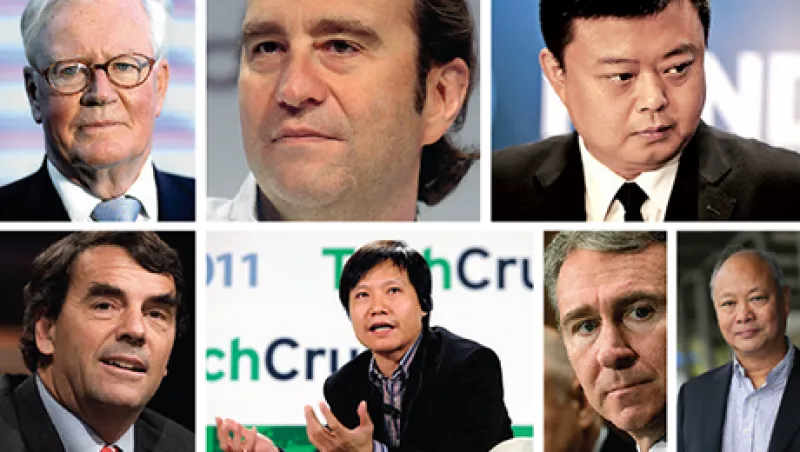
People in the News: Separate Lives
Citadel’s Ken Griffin gets divorced; venture capitalist Tim Draper pushes six Californias; tycoon Tony Fung bets on a new Macau in Australia; and more.
Staff
September 6, 2014



